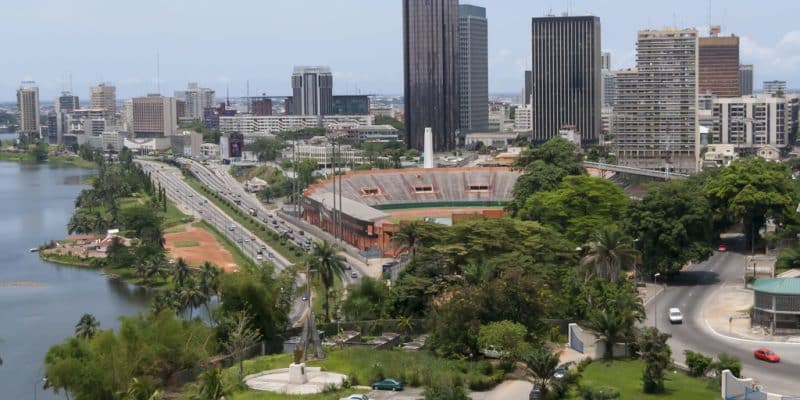Amid urgent calls for appropriate funding and increased climate action, Africa is gearing up to tackle its environmental challenges head-on.
Africa on the Frontlines of the Climate Crisis
Abidjan, the economic hub of Côte d’Ivoire, is hosting the 12th edition of the CCDA, a crucial event organized in partnership with ClimDev-Africa.
Running alongside the Special Session of the African Ministerial Conference on the Environment (AMCEN), the conference is a pivotal moment for Africa to assert its climate priorities on the global stage.
“The fight against climate change is the greatest challenge of the century,” stated Jacques Assahoré Konan, Ivorian Minister of Environment, in his opening remarks.
He underscored the stark injustice facing the continent: while Africa contributes less than 4% of global greenhouse gas emissions, it disproportionately suffers the most severe impacts.
A Pressing Call for Innovative Climate Financing
Central to the discussions is the pressing issue of financing climate adaptation. Hanan Morsy, Deputy Executive Secretary of the United Nations Economic Commission for Africa (UNECA), highlighted the significant gap between international commitments and Africa’s actual needs.
Despite pledges of $100 billion annually from developed nations, the funds mobilized fall far short of the estimated $1.3 trillion required.
To bridge this gap, Morsy advocates for innovative financing mechanisms that avoid burdening African economies with unsustainable debt.
She emphasizes leveraging the African Continental Free Trade Area (AfCFTA) and bolstering public-private partnerships (PPPs) as crucial strategies.
Josefa Correia Sacko, African Union Commissioner for Agriculture and Environment, echoed this sentiment, estimating that Africa will need $3 trillion by 2030 to meet its climate commitments.
Towards COP29: Africa Prepares Its Climate Roadmap
The discussions in Abidjan are set against the backdrop of the upcoming COP29 in Baku, Azerbaijan, a key event in global climate negotiations. Africa is determined to play a leading role at COP29, building on the progress made at CCDA-XII.
Renewable energy development remains a top priority for the continent, with participants stressing the need to accelerate the deployment of clean energy as a source of jobs and sustainable economic growth.
The strategy hinges on mobilizing substantial investments and enhancing local capacities.
In Baku, African nations will advocate for stronger international support focused on tailored financing mechanisms, technology transfer, and capacity building.
The overarching goal is to ensure a just and equitable energy transition that aligns with Africa’s unique needs and circumstances.
As Africa rallies for the resources needed to combat climate change, the message from Abidjan is clear: the continent is ready to lead and demands the global community’s backing to secure a sustainable future.




